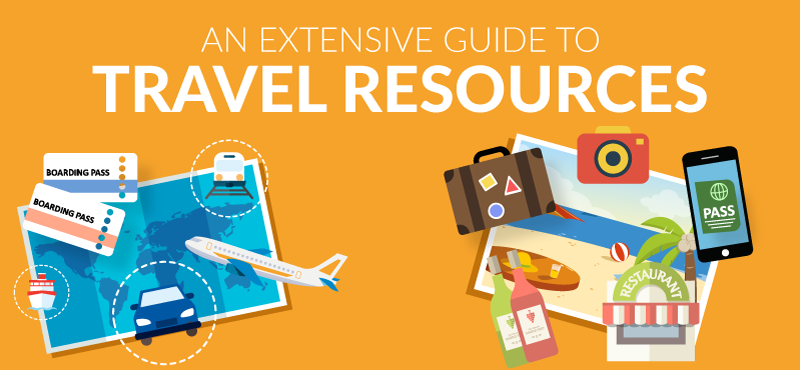Alex Miller
Alex Miller
Founder & CEO
300 Published Articles
Countries Visited: 34U.S. States Visited: 29
Founder and CEO of Upgraded Points, Alex is a leader in the industry and has earned and redeemed millions of points and miles. He frequently discusses the award travel industry with CNBC, Fox Business...
Edited by: Kellie Jez
Kellie Jez
Director of Operations
6 Published Articles 1239 Edited Articles
Countries Visited: 10U.S. States Visited: 20
Kellie’s professional experience has led her to a deep passion for compliance, data reporting, and process improvement. Kellie’s learned the ins and outs of the points and miles world and leads UP’s c...
![Americans’ Travel Plans and Concerns During COVID-19 [Latest Survey]](https://upgradedpoints.com/wp-content/uploads/2020/03/Empty-airport-with-social-distancing-seat-stickers.jpeg?auto=webp&disable=upscale&width=1200)
![COVID-19’s Impact on Bachelor and Bachelorette Party Plans [Survey Data]](https://upgradedpoints.com/wp-content/uploads/2020/03/Men-cheering-in-masks.jpeg?auto=webp&disable=upscale&width=1200)
![[Expired] Coronavirus (COVID-19): What It Is, Affected Countries, Symptoms, Treatment & More [Updated: April 2024]](https://upgradedpoints.com/wp-content/uploads/2020/03/Passengers-in-airport-with-masks-on.jpg?auto=webp&disable=upscale&width=1200)

